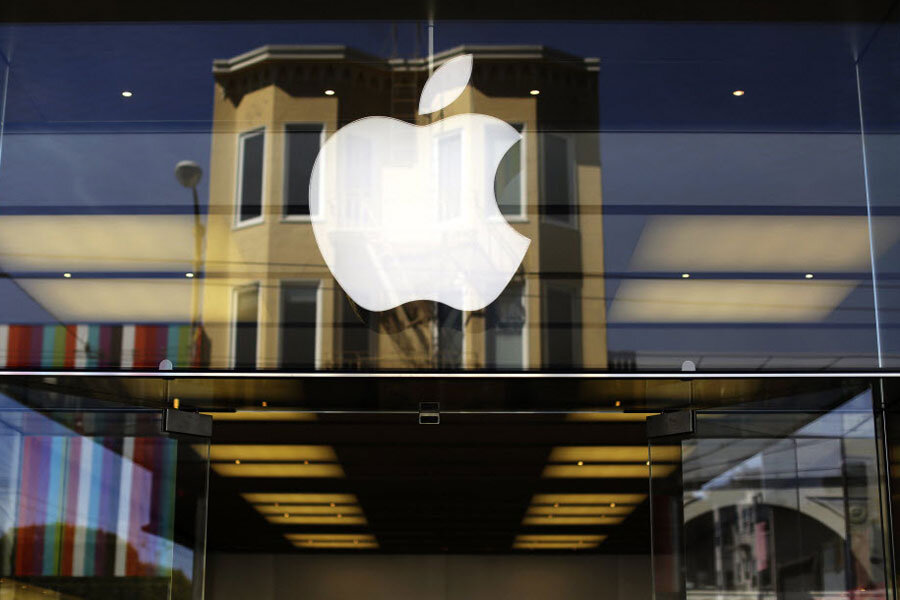CIA spent the last decade attempting to break into iPhones: report
Loading...
CIA researchers have worked for nearly a decade to break the security protecting Apple phones and tablets, investigative news site The Intercept reported on Tuesday, citing documents obtained from NSA whistleblower Edward Snowden.
The report cites top-secret U.S. documents that suggest U.S. government researchers had created a version of XCode, Apple's software application development tool, to create surveillance backdoors into programs distributed on Apple's App Store.
The Intercept has in the past published a number of reports from documents released by whistleblower Snowden. The site's editors include Glenn Greenwald, who won a Pulitzer Prize for his work in reporting on Snowden's revelations, and by Oscar-winning documentary maker Laura Poitras.
It said the latest documents, which covered a period from 2006 to 2013, stop short of proving whether U.S. intelligence researchers had succeeded in breaking Apple's encryption coding, which secures user data and communications.
Efforts to break into Apple products by government security researchers started as early as 2006, a year before Apple introduced its first iPhone and continued through the launch of the iPad in 2010 and beyond, The Intercept said.
Breaching Apple security was part of a top-secret program by the U.S. government, aided by British intelligence researchers, to hack "secure communications products, both foreign and domestic" including Google Android phones, it said.
Silicon Valley technology companies have in recent months sought to restore trust among consumers around the world that their products have not become tools for widespread government surveillance of citizens.
Last September, Apple strengthened encryption methods for data stored on iPhones, saying the changes meant the company no longer had any way to extract customer data on the devices, even if a government ordered it to with a search warrant. Silicon Valley rival Google Inc said shortly afterward that it also planned to increase the use of stronger encryption tools.
Both companies said the moves were aimed at protecting the privacy of users of their products and that this was partly a response to widescale U.S. government spying on Internet users revealed by Snowden in 2013.
An Apple spokesman pointed to public statements by Chief Executive Tim Cook on privacy, but declined to comment further.
"I want to be absolutely clear that we have never worked with any government agency from any country to create a backdoor in any of our products or services," Cook wrote in a statement on privacy and security published last year. "We have also never allowed access to our servers. And we never will."
Leaders including U.S. President Barack Obama and British Prime Minister David Cameron have expressed concern that turning such privacy-enhancing tools into mass market features could prevent governments from tracking militants planning attacks.
The CIA did not immediately reply to a request for comment.







